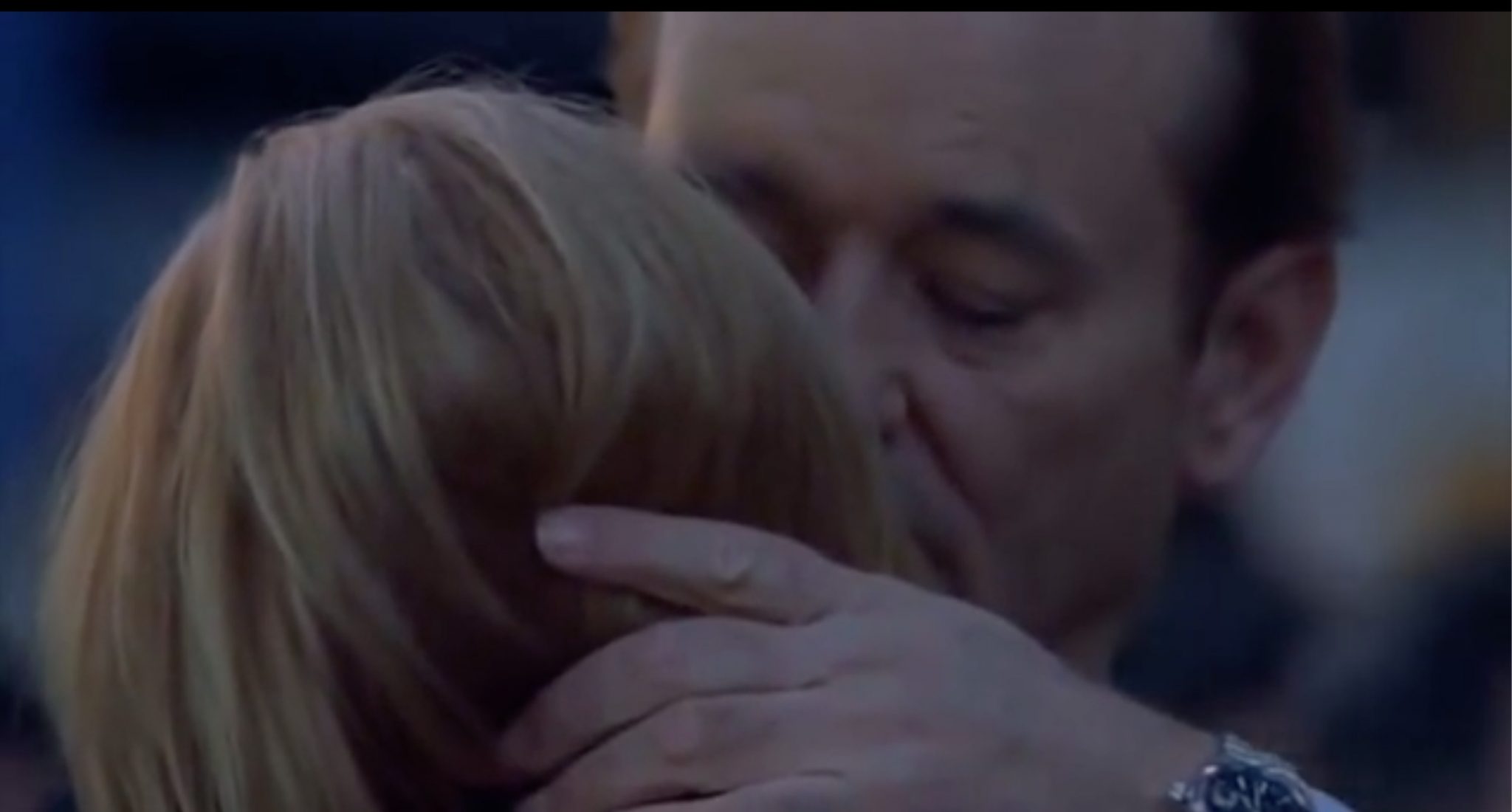A Knight’s Tale is a fun movie, not a great one, but it has one undeniably great moment. The film takes its title from “The Knight’s Tale” in Canterbury Tales and features a penniless, ragged Geoffrey Chaucer as a character. In fact, Chaucer just might be Paul Bettany’s best role. Chaucer falls in with a trio of squires whose knight died from a bad joust. One of them, William (Heath Ledger), impersonates their lord so the starving servants can get something to eat.
These commoners want to keep that gravy cart rolling, but for that they need “patents of nobility” to enter tournaments. That means they need a forger. Chaucer decides they need a spokesman, too, and an announcer. He introduces William like an educated Elizabethan handed the microphone at a WWE tournament. At the end of one of those windups, though, there is dead silence. Chaucer yells, “We walk in the garden of his turpulence!,” and crickets chirp, and then a squire sort of coughs a “yeah.” Finally, the whole audience applauds with arms and voices raised, like they’ve been holding something back.
This great moment was also an accident. The audience was supposed to applaud at the end of Chaucer’s speech. There was a failure to communicate that to the Eastern European extras. (The movie was filmed in Prague.) If you watch the scene closely, you can see two ladies throw up their arms early and then wonder if they’ve ruined the shot. Instead, they helped make the scene into something unforgettable. A pregnant pause labored long and gave birth to genuine enthusiasm.
Another not-great movie with a great moment is Thor. The demigod (played in Marvel movies by Australian actor Chris Hemsworth) is cast down from Asgard to New Mexico for his hubris. He has to prove he is worthy of wielding his trusty hammer Mjölnir again. It’s all fairly standard comic book movie stuff, except for the diner scene. Thor is sitting with a group of people he’s met and tucking into a stack of pancakes when he discovers coffee. “This drink, I like it,” he says. He hikes his volume up, yells, “Another!,” and smashes it to the ground like some ancient mead-hall toast.
The other actors all jump and look shocked, because they are. Marvel movies head honcho Kevin Feige admitted in an interview that Hemsworth improvised yelling, “Another!” and smashing the cup on the spot. It sets up a fun exchange with his love interest Jane Foster (played by Natalie Portman), in which we see a clash of manners between Thor’s world and our own:
Jane: What was that?
Thor: It was delicious. I want another.
Jane: Well, you could have just said so.
Thor: I just did.
Jane: No, I mean asked. Nicely.
Thor: I meant no disrespect.
Jane: Alright, well, no more smashing, deal?
Thor (After a thoughtful pause): You have my word.
Lost in Translation is a satire about Americans in Japan. Scarlett Johansson plays Charlotte, the bored wife of a photographer shooting on location. Bill Murray plays Bob Harris, a lightly fictionalized version of himself. Harris is a hugely successful American actor who has enough money and fame for several lifetimes and no fixed idea about what to do with himself. He’s in the country to shoot a Japanese whiskey commercial.
The two have lots of time to kill and end up spending a good deal of it together. We used to call what develops between them an affair of the heart. When it comes time for them to leave and go back to their lives and spouses, likely never see each other again, parting is not sweet sorrow. At least not at first it isn’t. They have one awkward goodbye, but Harris later decides that won’t do. He seeks Charlotte out in a Tokyo crowd, embraces her, and whispers something mysterious in her ear.
Director Sofia Coppola had intended to have Murray record some words later and loop them back in. We don’t hear those words, though, because she looked at the scene and decided it was better as is. When anyone asks Murray about the dialogue, he declines to answer on the grounds that it’s “between lovers” and none of our business.
Many critics complain that American movies today are too highly scripted, insured, special effect–heavy, and focus-grouped for their own good. They are largely correct about that. But once in a while, the personal breaks through the Hollywood edifice and gives us moments that stay with us for a long time — possibly unto the end of our days.
This silver screen serendipity is why I still go to the movies. I want them to surprise and delight me. That works best if many of the folks working on those movies have to roll with it as well.
Jeremy Lott created the comic book Movie Men.























